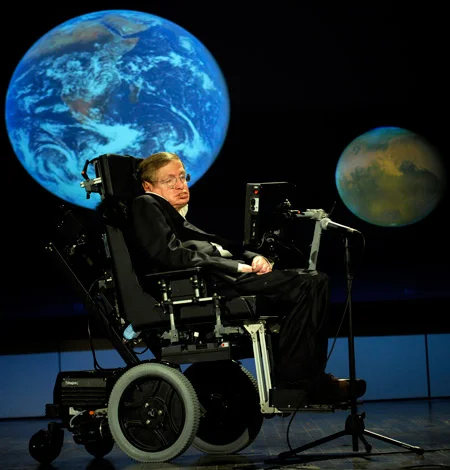How unique is your voice?
Poems and screenplays aside, it turns out not very. For all of the hundreds of thousands of words in the english language, there are only about 40 unique sounds contained within them. With those sounds, it is possible to create pretty faithful speech reproductions.
This technology is used for everything from giving people their lost voice back, to parodying people into saying whatever you want. The more straight forward version of this is to simply have the computer speak in its own voice. Probably the most famous example of this is Steven Hawkings' speech computer. He types what he wants to say, and the artificial voice says it.
But a newer technology allows audio and software engineers to plug in the critical 40-or-so sounds from a person's voice, called phenoms. From this array of sound snippets, almost any word can be re-created with a surprising degree of realism.
Roger Ebert, when he lost his jaw and voice to cancer, initially used his laptop with a generic computer voice to speak. A couple of years later, a Swedish company worked with him to recreate his actual voice. Because Roger no longer had his voice when the project started, he couldn't simply speak the sounds into a microphone at a studio. They instead culled hours of commentary tracks he had previously recored from various films and pulled the sounds they needed. The results are pretty great. See links below.
A similar project was done with George Bush's voice. you can try it here, and it's a lot of fun:
http://www.idyacy.com/cgi-bin/bushomatic.cgi
W Bush voice synthesis
http://www.idyacy.com/cgi-bin/bushomatic.cgi
Thumbnail Photo by: Ibmphoto24, Flickr


